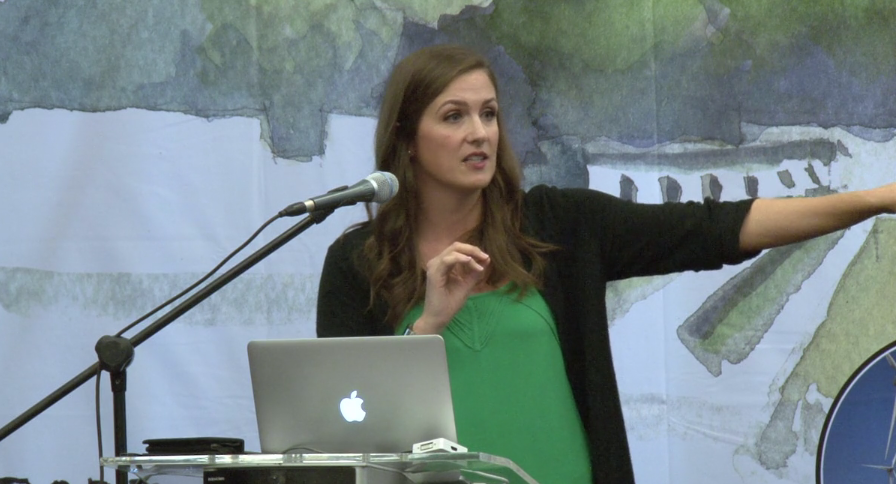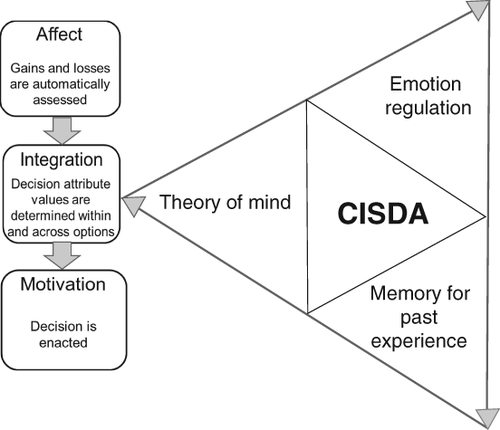
A new collaborative paper in Scientific Reports by Ebner Lab (UF) and Lighthall Lab members describes age differences in trust-related decision making and learning.
Using a novel adaptation of the Iowa Gambling Task (IGT), facial cues of trustworthiness were paired with IGT card decks such that they were either congruent or incongruent with card deck payoffs to examine effects of social cues of trustworthiness on learning-dependent decision making.
Findings revealed that congruent facial cues (e.g., trustworthy-looking faces with advantageous payoffs) led to suppressed learning across age groups compared to both a standard IGT condition and the condition with incongruent facial cues — indicative of a ‘satsificing’ decisional style. In contrast, age-specific effects were observed in the incongruent condition, such that older adults were more likely than younger adults to select decks with trustworthy facial cues and disadvantageous outcomes.
Together these findings suggest that differences between younger and older adults in experience-dependent decision making are magnified in social contexts that involve a “wolf in sheep’s clothing,” which may reflect age-related difficulties in integrating incongruent information and reversal learning.



